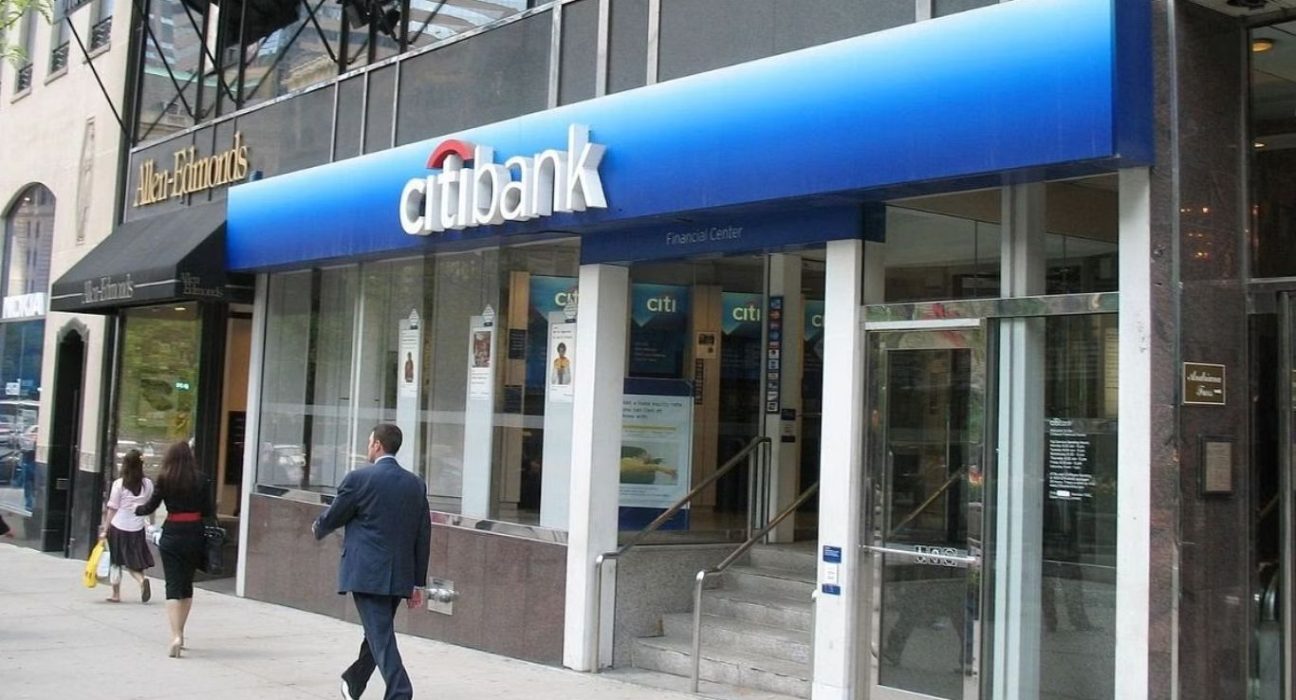Introduction
In a recent development, Citigroup’s underwriting arm, Citigroup Global Markets Inc (CGMI), has come under scrutiny from the U.S. Securities and Exchange Commission (SEC). The SEC issued a cease-and-desist order against CGMI, alleging willful violations of record-keeping requirements. This regulatory action has resulted in CGMI agreeing to pay a substantial penalty of $2.9 million, as revealed in an official statement by the SEC. In this article, we delve into the specifics of the case, shedding light on the alleged violations, the consequences for Citigroup, and the broader implications for financial institutions.
Understanding the Allegations
The SEC’s cease-and-desist order stems from accusations that CGMI, without admitting guilt, willfully violated record-keeping requirements. Specifically, the SEC stated that CGMI employed an unsubstantiated and unverified method to calculate and record indirect expenses associated with its role as an underwriter. This irregularity persisted from at least 2009 through May 2019, raising concerns about the accuracy and reliability of CGMI’s financial reporting.
One striking aspect of the case is the prolonged duration of these violations, spanning an entire decade. During this time, CGMI apparently lacked insight into the basis of its chosen indirect expense calculation method and failed to conduct any reviews to validate the method’s reliability. Such lapses in record-keeping and oversight are of significant concern to regulatory bodies, as they can undermine the transparency and integrity of financial markets.
Implications for Citigroup
Citigroup’s decision to agree to the SEC’s cease-and-desist order and the accompanying $2.9 million penalty, while not an admission of wrongdoing, signals a willingness to resolve the matter. This approach is not uncommon among financial institutions facing regulatory challenges, as it allows them to avoid protracted legal battles and potential reputational damage.
However, the penalty, although not crippling for a global financial giant like Citigroup, serves as a reminder of the importance of stringent compliance with regulatory requirements. It underscores the need for financial institutions to maintain robust record-keeping practices and ensure transparency in their financial reporting processes.
The financial impact of the penalty aside, Citigroup may also face reputational repercussions. Regulatory actions, even when resolved amicably, can erode investor and public confidence. In an industry where trust is paramount, Citigroup will need to take proactive steps to restore and maintain its reputation as a responsible and compliant financial institution.
Broader Implications for Financial Institutions
The SEC’s action against Citigroup sends a clear message to the broader financial industry about the importance of adherence to regulatory standards. Financial institutions must be vigilant in their record-keeping and financial reporting processes to avoid regulatory scrutiny.
One key takeaway from this case is the need for regular internal audits and reviews of record-keeping practices. Financial institutions should not only establish robust procedures for maintaining records but also ensure that these procedures are consistently followed and periodically reviewed for compliance and accuracy.
Additionally, the case highlights the significance of transparency and accountability in the financial sector. Investors, regulators, and the public at large rely on accurate and complete financial disclosures to make informed decisions. Any lapses in this regard can have far-reaching consequences.
Conclusion
The SEC’s cease-and-desist order against Citigroup Global Markets Inc serves as a stark reminder of the critical role that record-keeping and compliance play in the financial industry. Citigroup’s agreement to pay a $2.9 million penalty, while not an admission of guilt, underscores the seriousness of the allegations and the importance of swift resolution.
Financial institutions, including Citigroup, must remain committed to upholding the highest standards of compliance and transparency. Regulatory actions, such as this one, have the potential to impact not only a firm’s finances but also its reputation. As the financial industry continues to evolve, staying in line with regulatory requirements remains paramount to maintaining trust and credibility.










